By continuing to browse our site you agree to our use of cookies, revised Privacy Policy and Terms of Use. You can change your cookie settings through your browser.
I agree
Search Trends
CHOOSE YOUR LANGUAGE
- Albanian Shqip
- Arabic العربية
- Belarusian Беларуская
- Bengali বাংলা
- Bulgarian Български
- Cambodian ខ្មែរ
- Croatian Hrvatski
- Czech Český
- English English
- Esperanto Esperanto
- Filipino Filipino
- French Français
- German Deutsch
- Greek Ελληνικά
- Hausa Hausa
- Hebrew עברית
- Hungarian Magyar
- Hindi हिन्दी
- Indonesian Bahasa Indonesia
- Italian Italiano
- Japanese 日本語
- Korean 한국어
- Lao ລາວ
- Malay Bahasa Melayu
- Mongolian Монгол
- Myanmar မြန်မာဘာသာ
- Nepali नेपाली
- Persian فارسی
- Polish Polski
- Portuguese Português
- Pashto پښتو
- Romanian Română
- Russian Русский
- Serbian Српски
- Sinhalese සිංහල
- Spanish Español
- Swahili Kiswahili
- Tamil தமிழ்
- Thai ไทย
- Turkish Türkçe
- Ukrainian Українська
- Urdu اردو
- Vietnamese Tiếng Việt
Copyright © 2024 CGTN.
京ICP备20000184号
CHOOSE YOUR LANGUAGE
- Albanian Shqip
- Arabic العربية
- Belarusian Беларуская
- Bengali বাংলা
- Bulgarian Български
- Cambodian ខ្មែរ
- Croatian Hrvatski
- Czech Český
- English English
- Esperanto Esperanto
- Filipino Filipino
- French Français
- German Deutsch
- Greek Ελληνικά
- Hausa Hausa
- Hebrew עברית
- Hungarian Magyar
- Hindi हिन्दी
- Indonesian Bahasa Indonesia
- Italian Italiano
- Japanese 日本語
- Korean 한국어
- Lao ລາວ
- Malay Bahasa Melayu
- Mongolian Монгол
- Myanmar မြန်မာဘာသာ
- Nepali नेपाली
- Persian فارسی
- Polish Polski
- Portuguese Português
- Pashto پښتو
- Romanian Română
- Russian Русский
- Serbian Српски
- Sinhalese සිංහල
- Spanish Español
- Swahili Kiswahili
- Tamil தமிழ்
- Thai ไทย
- Turkish Türkçe
- Ukrainian Українська
- Urdu اردو
- Vietnamese Tiếng Việt
Copyright © 2024 CGTN.
京ICP备20000184号
互联网新闻信息许可证10120180008
Disinformation report hotline: 010-85061466









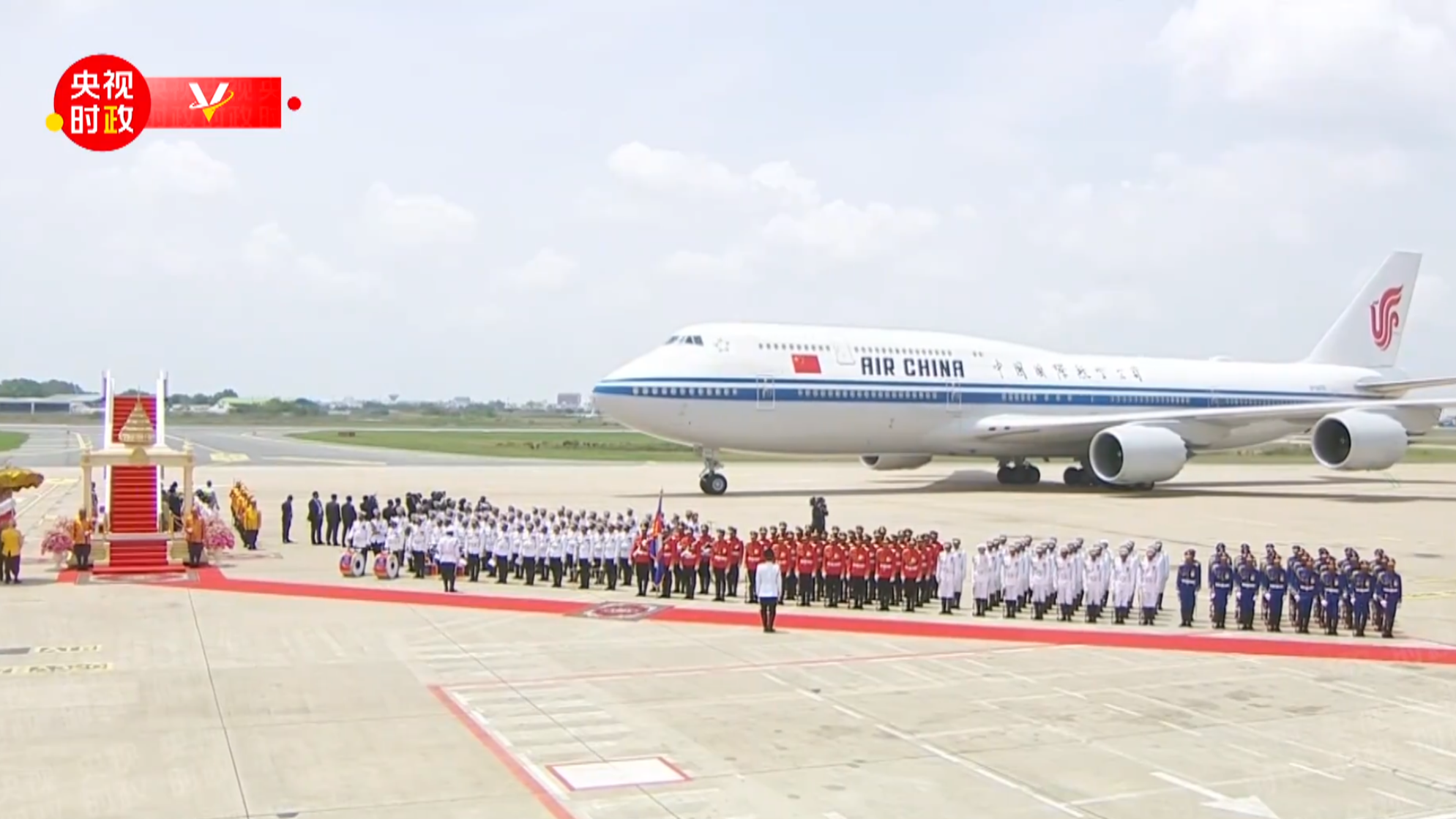
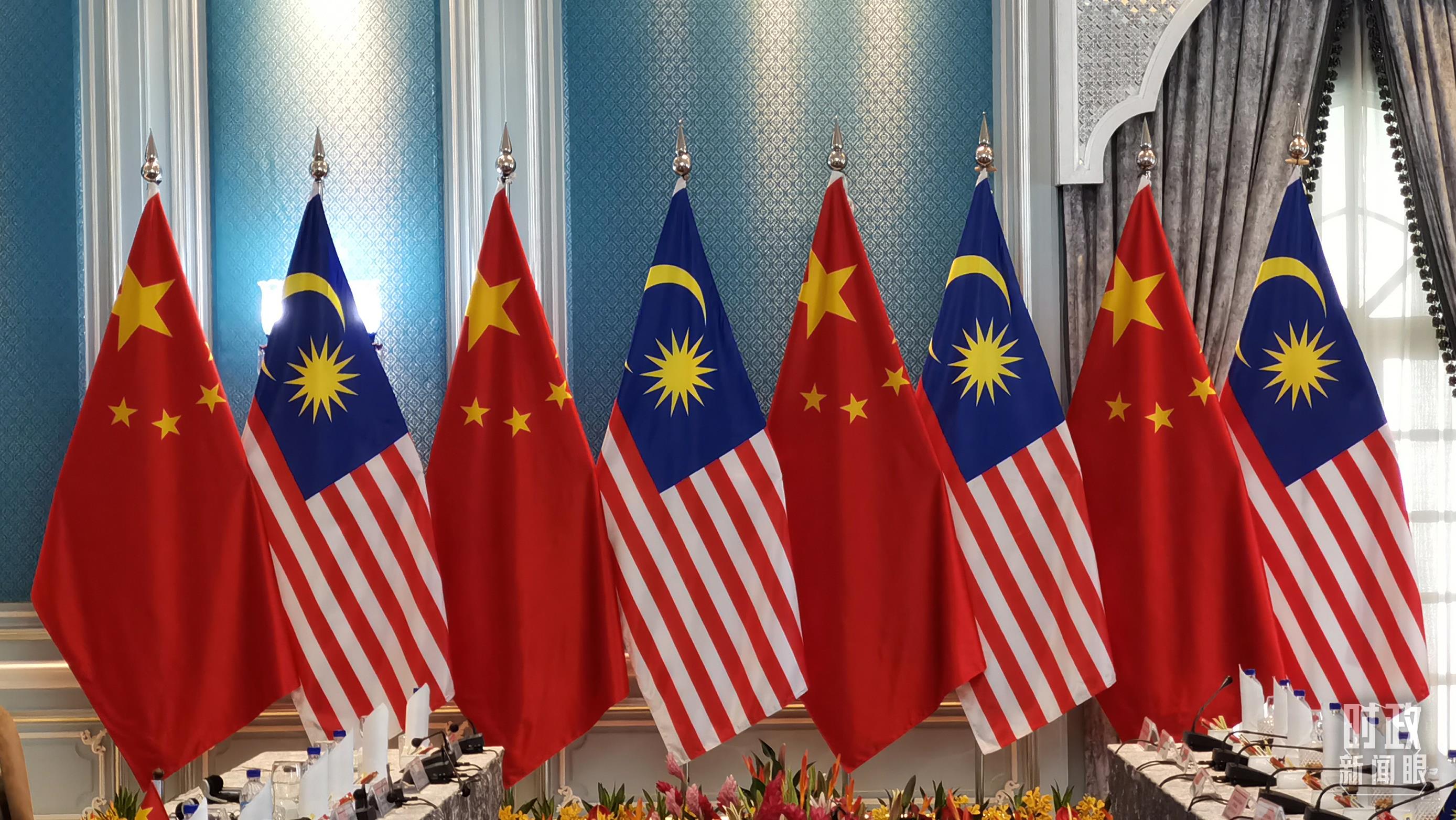
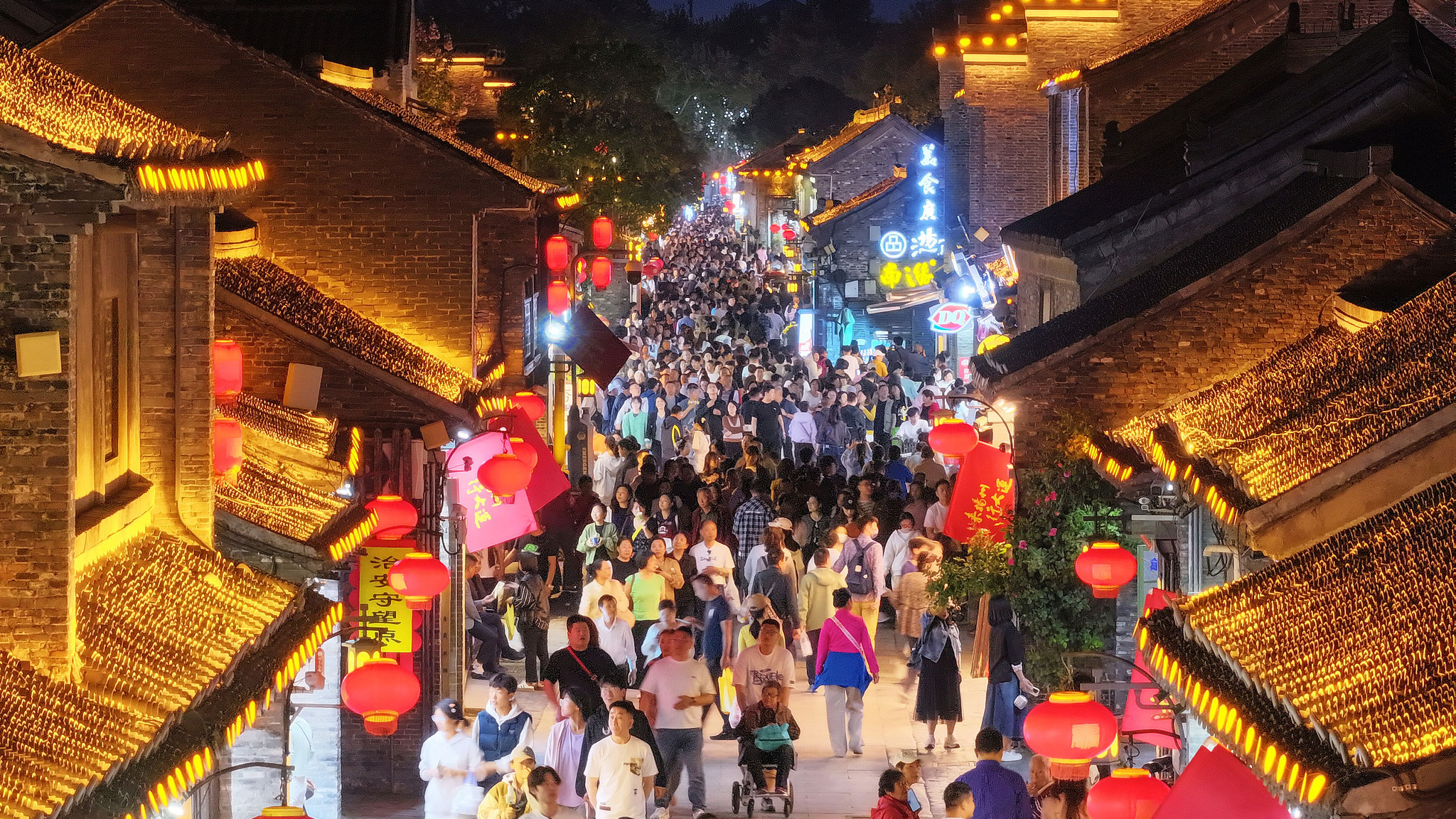
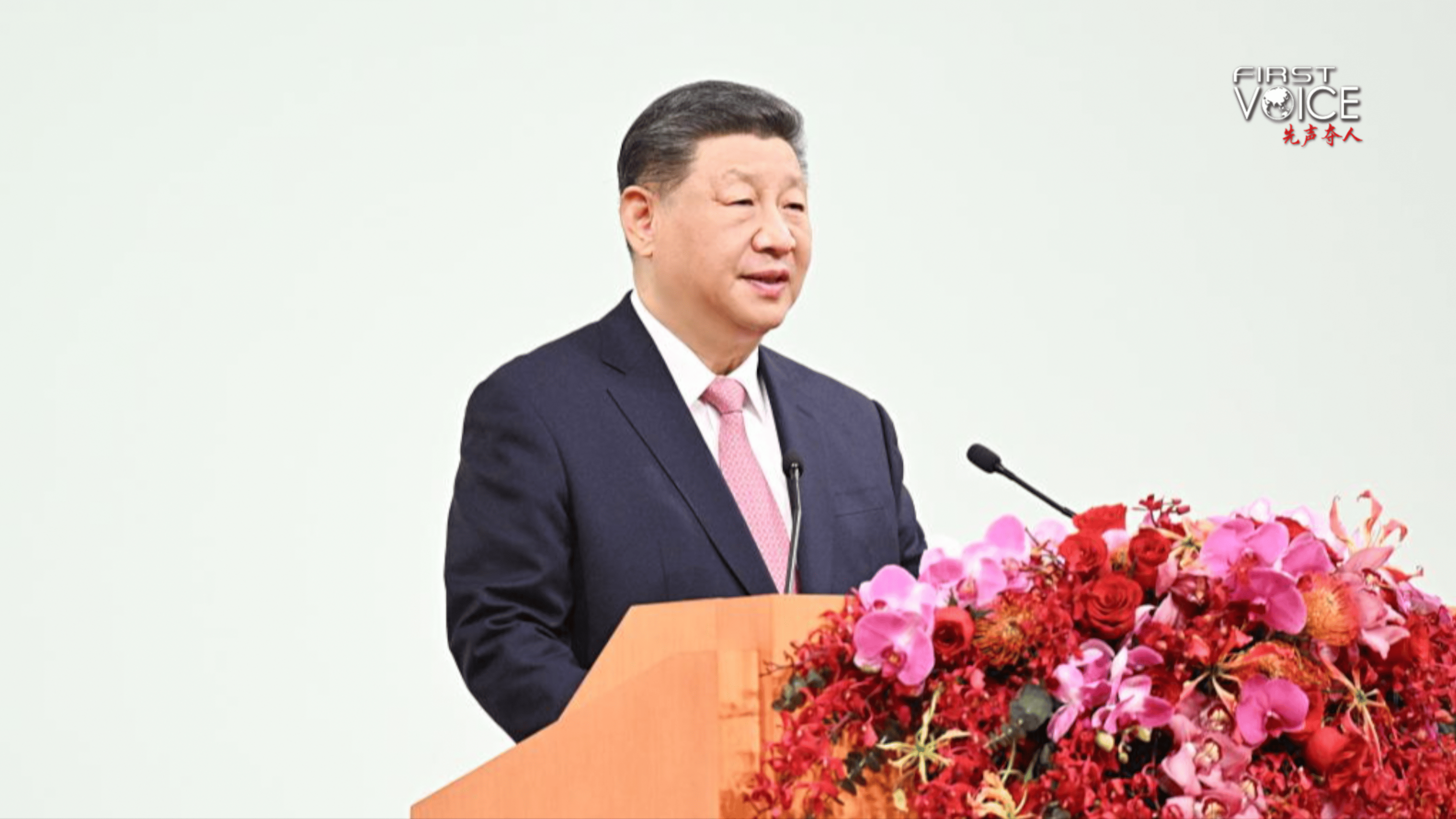

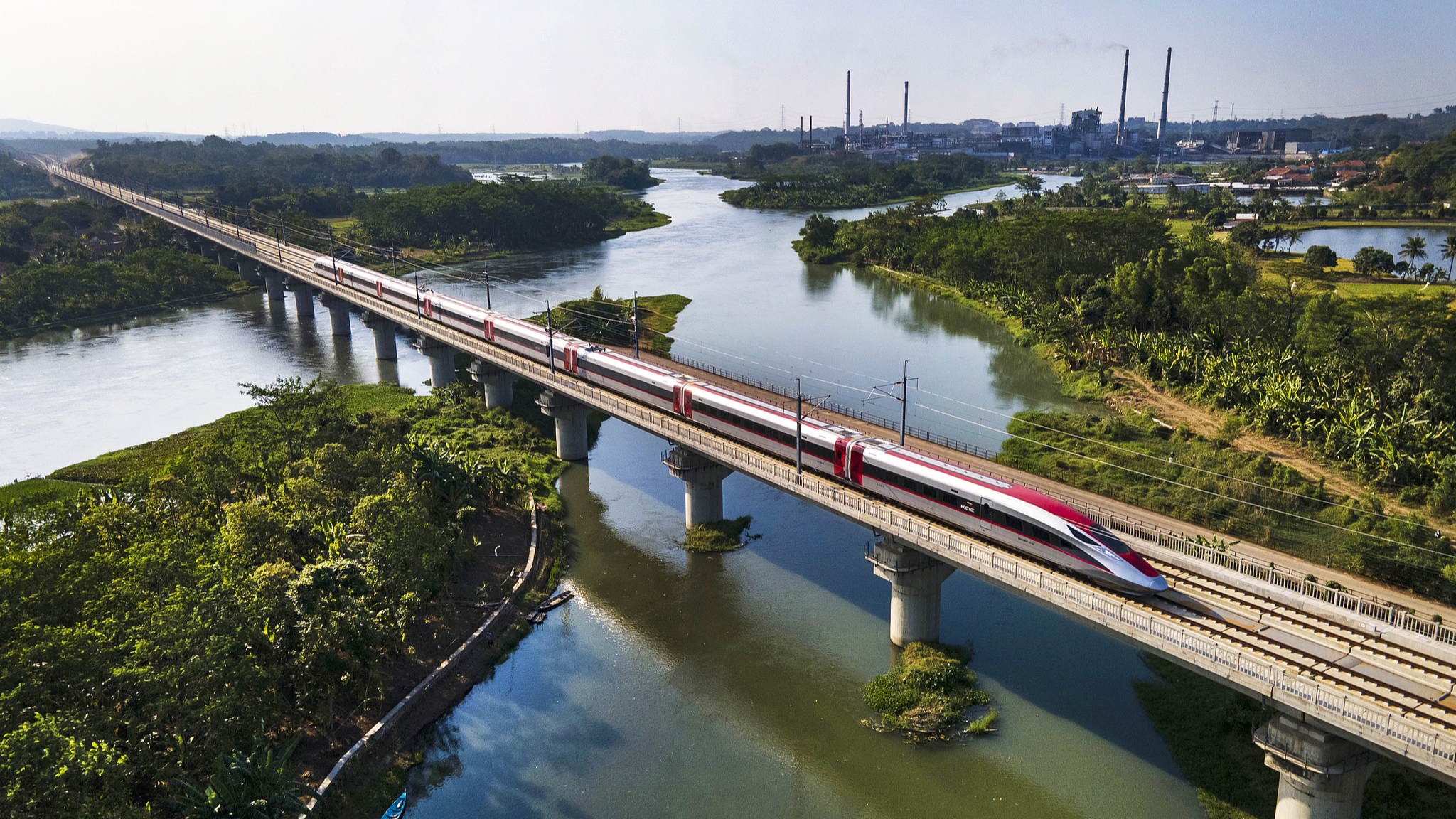
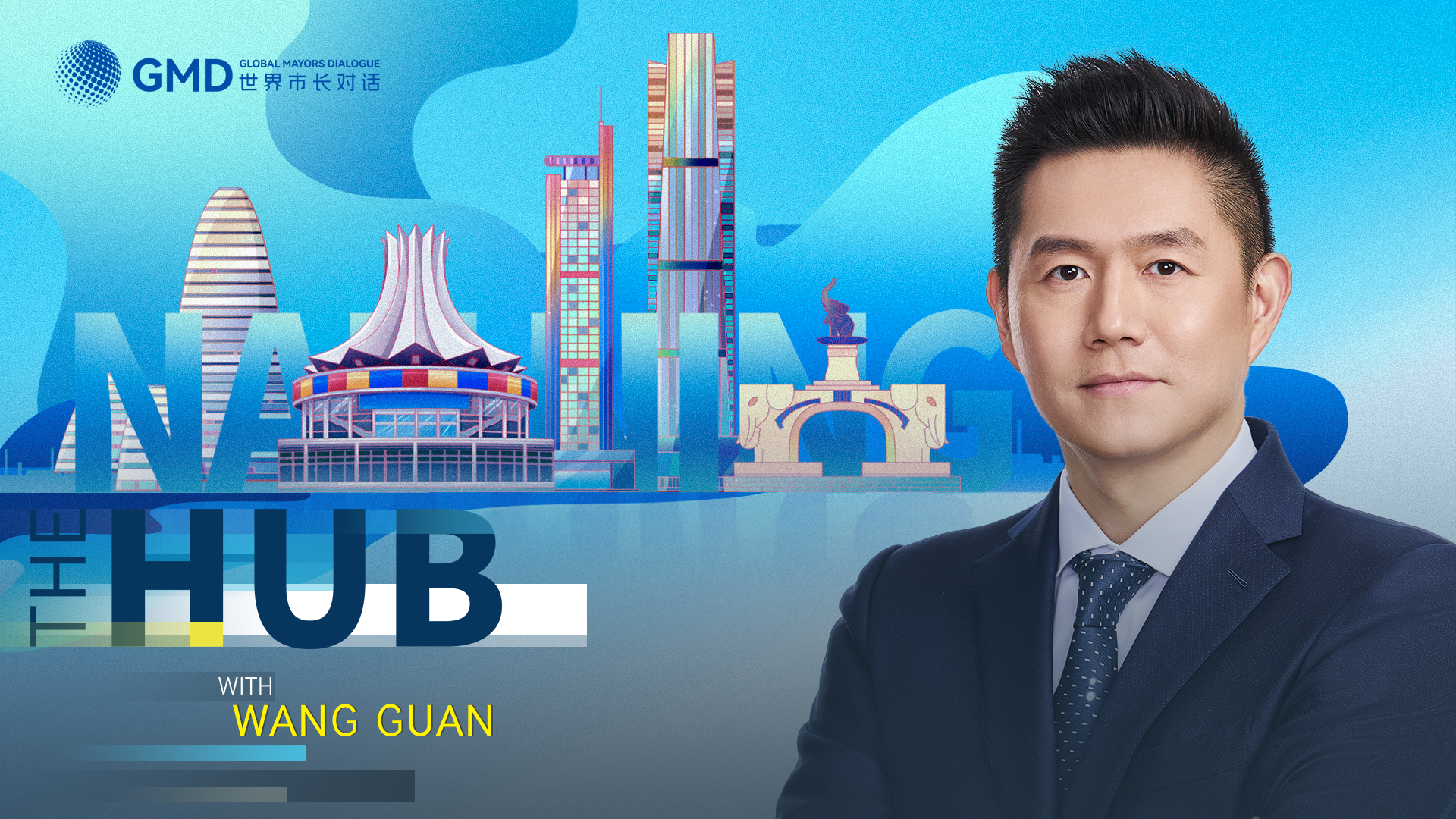
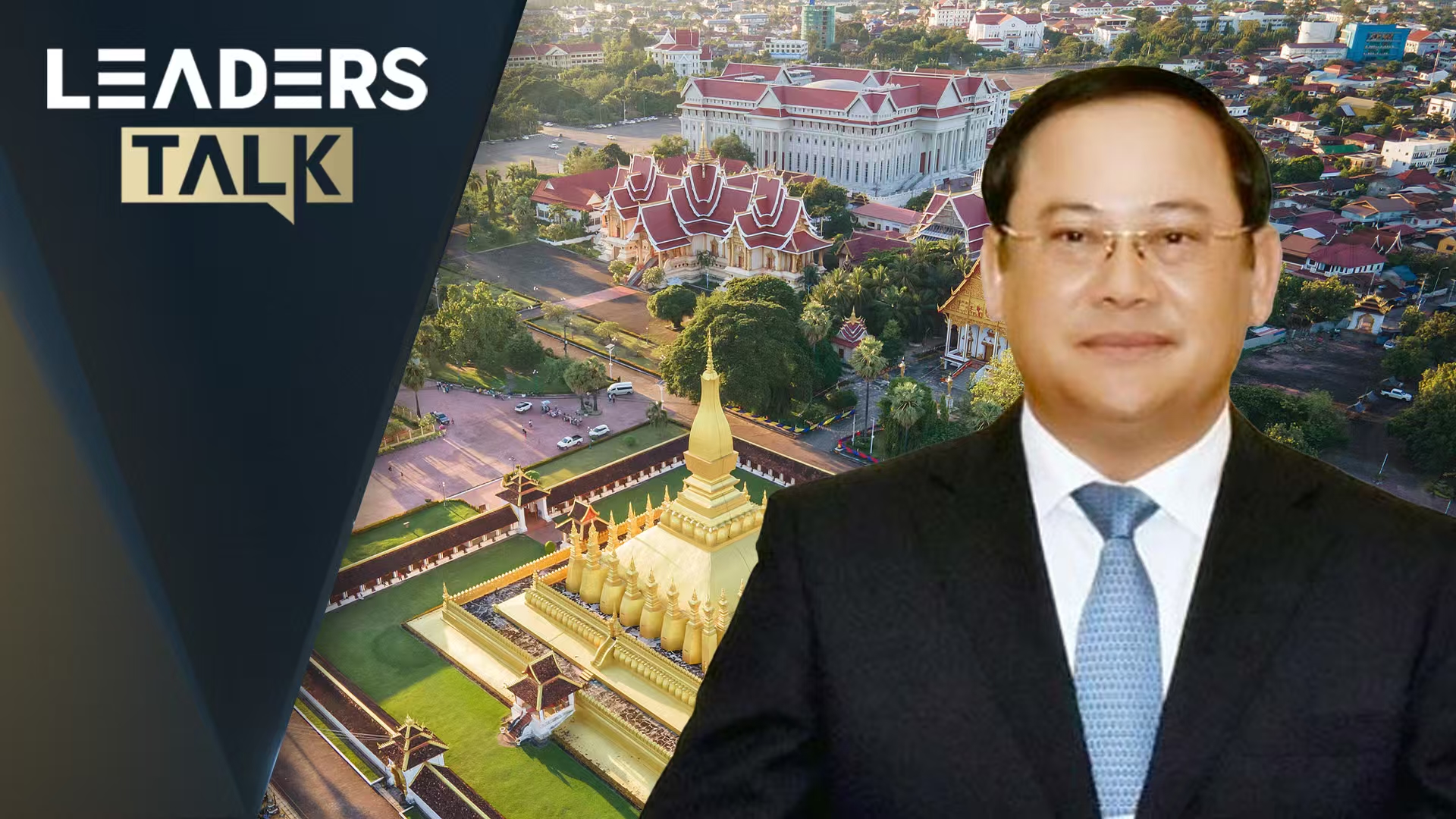
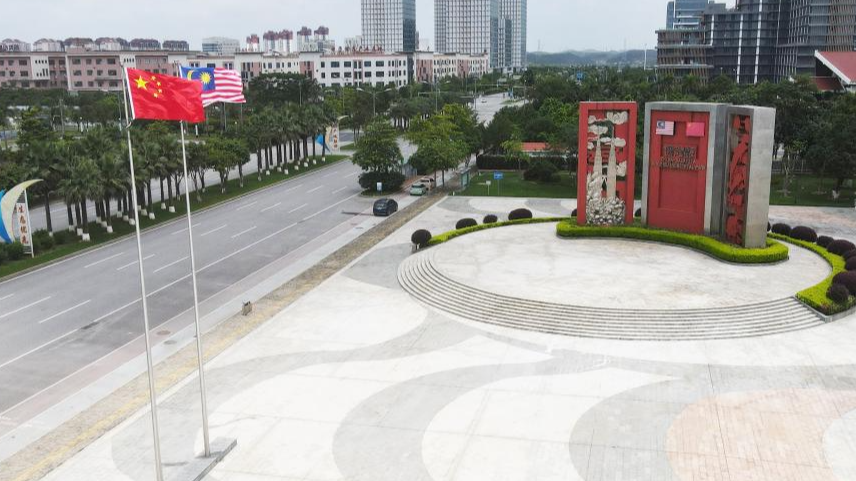


A Chinese national flag and Indonesian national flags at a news conference in Jakarta, Indonesia, April 18, 2024. /CFP
Editor's note: Muhammad Habib Abiyan Dzakwan, a special commentator on current affairs for CGTN, is a researcher at the Department of International Relations under the Centre for Strategic and International Studies (CSIS) Indonesia. The article reflects the author's opinions and not necessarily the views of CGTN.
April 13 marks a major milestone in Indonesia-China diplomatic relations, as we celebrate the Diamond Jubilee of this enduring partnership. If this relationship were a person, it would be a wise elder, shaped by decades of shared laughter, tears and unforgettable memories.
From 1966 to 1990, ties were turbulent, with interactions kept cautious and limited. Momentum grew in the years that followed – especially after Chinese President Xi Jinping's landmark 2013 visit to Jakarta when he proposed building the 21st-century Maritime Silk Road. Since then, bilateral relations have reached unprecedented heights.
The warm rapport between the two leaders during the Joko Widodo administration deepened the Comprehensive Strategic Partnership in 2023 under the spirit of building a community with a shared future. Indonesian President Prabowo Subianto's new leadership has continued this trajectory. China remains an indispensable partner for Indonesia at home, across the region and on the global stage.
However, the world today stands in stark contrast to the one in which Indonesia and China first established diplomatic relations. Three changes are worth noting. First, we face a very different United States. In the past, Washington was known for its enduring commitment to multilateralism and an open global economy. It played a central role in shaping international norms and building institutions where both small and major powers shared rights and responsibilities as part of one international community.
Today, however, the U.S. prefers to march to its own tune, allowing the foundations of that community to erode almost overnight. Development assistance has been scaled back, engagement in multilateral forums has declined and its global economic posture has shifted dramatically. Most notably, Washington has upended the globalization consensus by imposing sweeping tariffs on nearly all foreign-made goods.
Moreover, we are also witnessing a very different China. In the past, China had a high poverty rate and reliance on labor-intensive industries. Now, China has emerged as a global economic powerhouse with technological strengths unmatched by other developing countries. One emblematic example is the Jakarta-Bandung High-Speed Railway project, which showcases China's transformation from a producer of low-cost goods to a provider of advanced technology.
A passenger takes selfie photos with a high-speed electrical multiple unit (EMU) train on a platform of Padalarang Station along the Jakarta-Bandung High-Speed Railway (HSR) in Padalarang, Indonesia, October 17, 2024. /Xinhua
China has leapfrogged from a new member of the World Trade Organization in 2001 to a strong proponent of multilateralism, as affirmed by its Global Development Initiative. It has also actively expanded its outreach beyond the Asia-Pacific, now extending to remote communities in Africa, the Pacific Islands and Latin America.
In addition, Indonesia – like other Global South countries and members of the Association of Southeast Asian Nations (ASEAN) – is undergoing significant transformation. In the past, its primary advantages were largely defined by abundant critical minerals such as nickel, copper and tin as well as its strategic location between the Indian and Pacific Oceans. Today, Indonesia benefits from vibrant demographic potential, with a population that can serve as both a productive workforce and a growing consumer base.
On the one hand, Indonesians have the opportunity to contribute to foreign economies facing aging populations or centralizing in knowledge-intensive sectors. On the other hand, Indonesia's expanding middle class offers an attractive market for international partners. Indonesia's manufacturing base has also gained valuable experience through industrial park cooperation with China in mineral processing and has begun exporting intermediate nickel-based products since then.
In light of these fundamental challenges, these 75 years of Indonesia-China relations cannot be treated as business as usual. It must reflect the realities of today's changing world. The most urgent task is to reaffirm our commitment to an open global economy and resist the growing temptation to turn inward.
China has set a positive example by pledging to further liberalize several sectors for foreign investment, boost domestic consumption and continue granting zero import tariffs to its least developed partners. Indonesia has also taken a bold unilateral step to dismantle non-tariff barriers and remove import quotas in response to the ripple effects of Trump's tariff policies.
Together, the two countries have upgraded the ASEAN-China Free Trade Area to its 3.0 version, enabling the Asia-Pacific region to seize new economic opportunities in areas such as decarbonization and digitalization. Moving forward, remaining constructively engaged with the U.S. will help restore confidence in an open and inclusive global economic order.
Another pressing task is to address the developmental gap left at the global level. As many developed countries scale back their commitments to provide public goods – such as infectious disease control, food and water security and good governance – there is a growing need for emerging economies like China and Indonesia to fill the vacuum.
Both have long histories of engaging in South-South cooperation and development assistance, but the current moment calls for a more strategic and coordinated approach. These efforts must be attuned to the needs of developing countries, particularly the demand for labor-intensive sectors that generate employment and support inclusive growth.
At the same time, China and Indonesia can play a leading role in advancing reform proposals to reshape relevant multilateral institutions so they become more inclusive, responsive and accountable. By rising to meet these challenges together, Indonesia and China can transform their Diamond Jubilee from a ceremonial milestone into a lasting legacy of leadership for the Global South and the world.
(If you want to contribute and have specific expertise, please contact us at opinions@cgtn.com. Follow @thouse_opinions on X, formerly Twitter, to discover the latest commentaries in the CGTN Opinion Section.)